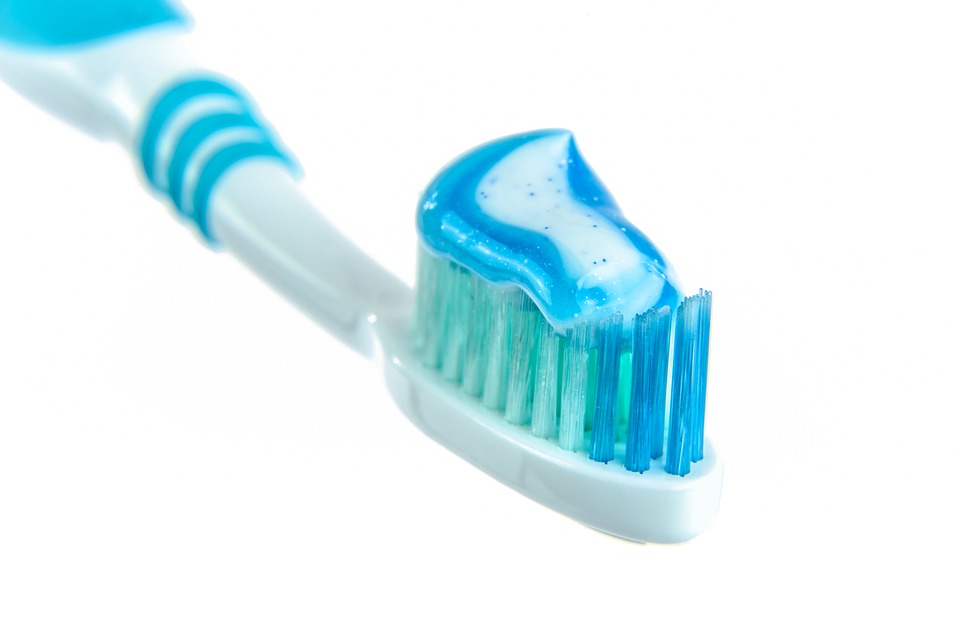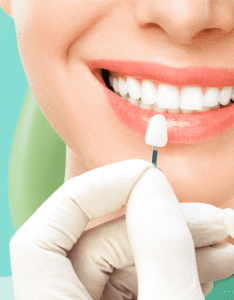When it comes to choosing a toothpaste, there is more to consider than just your favorite flavor. Considering the whitening properties, active ingredients, and claimed benefits is also important.
- Do you have sensitive teeth?
- Did your dentist prescribe you a specific toothpaste to use?
- Do you need a restorative or a preventative toothpaste?
- What is the toothpaste actually doing to my teeth?
These are all good questions to ask before brushing. Let’s take a closer look at some these considerations.
Look for the ADA Seal
This is the most important thing you can do when shopping for any dental or oral products. The American Dental Association (ADA) scrutinizes thousands of products for safety and effectiveness. Any product bearing the ADA seal is going to do exactly what its label says it will do. It will not have false claims of brightening your teeth in one day or restoring enamel that has been completely worn away (both of which are impossible).
What’s in This Stuff?
Some companies put things like aloe vera or activated charcoal in their toothpastes. They claim different benefits for each of these, but the fact is all of them are largely unsubstantiated. The ADA has not found any benefits to using aloe vera for your dental health.
And charcoal, in fact, is abrasive and can do more damage than good. There’s no evidence showing that charcoal does anything beneficial for your teeth. There has been evidence to the contrary, however. Using toothpaste with activated charcoal (some people use straight charcoal powder – also bad) can cause long-term damage to the enamel on your teeth.
Sensitive Teeth?
Some people are prescribed toothpastes to address natural sensitivity or to address burgeoning cavities also causing tooth sensitivity. If your dentist prescribed you toothpaste or other products, you should use them. Your dentist knows your dental health history better than anyone and they have made an informed decision regarding your oral health. Having said that, if you are experiencing minor sensitivity you can also use an over-the-counter solution. There are several over-the-counter toothpastes that have shown to reduce sensitivity over time. If you’ve gone this route already and are still experiencing tooth sensitivity, talk to your doctor about prescription-strength toothpaste.
A Word on Rinsing
Most people rinse their mouths after they’re done brushing. It feels nice and it gets a little bit of that toothpaste bite out of your mouth. But, if you are using toothpaste with fluoride or any other preventative or restorative properties, you are are them all away. The act of brushing is meant to dislodge and wipe away food particles left behind on your teeth and gums. The toothpaste itself does its work after you are done brushing. There should be a 30-minute period after brushing where no rinsing or eating occurs. This will give the toothpaste ample time to do its actual job.
Murfreesboro Family Dentistry is here to help. Call us today to set up a consultation or to ask Dr. Jackson your questions.





